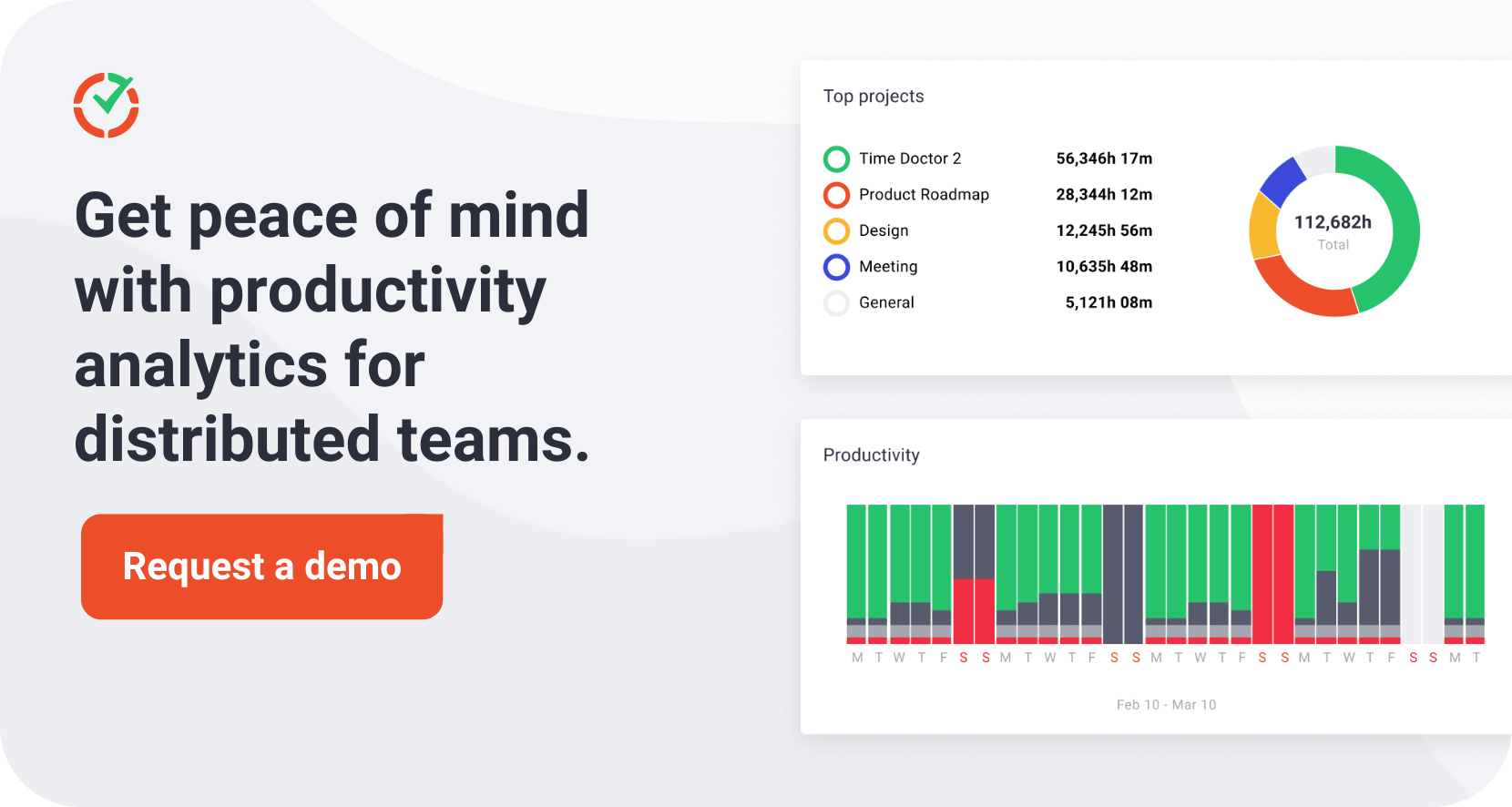The latest generation of employees, generally known as Generation Z, are facing a mental health crisis that threatens not only their probabilities in a particularly competitive job market, but additionally their well-being in an era of unparalleled challenges. This epidemic is changing workplace relationships and upending long-held beliefs about worker health and productivity, especially because it disproportionately affects young women. Here, we examine the primary findings and implications of current research on this pressing issue.
The rising tide of mental health disorders
Restructuring Foundation (RF) conducted research that exposed a worrying trend: a big increase from the 24% documented twenty years ago, over a 3rd of young people within the UK aged 18 to 24 struggle with common mental illnesses (CMDs) similar to depression, anxiety and bipolar disorder.
Two in five young women report mental illness, highlighting the gender gap in mental health.
Key statistics
- 33% of young people aged 18 to 24 suffer from CMD.
- 40% of young women within the UK say they suffer from CMD.
Impact on the workplace: the generation gap
The workplace shouldn’t be resistant to the results of the growing mental health epidemic. In accordance with the RF study, a disturbing trend will be observed: young people at the moment are twice as more likely to quit their jobs because of illness as they were ten years ago, leading to a brand new generation gap.
This alteration affects people’s profession paths and likewise has wider economic consequences. It’s estimated that the British economy loses £138 billion ($176 billion) annually because of the poor mental health of Generation X and Millennial employees.
Key points
- Nowadays, young individuals are more more likely to miss work because of illness than people 20 years older.
- Greater than a 3rd of Gen Z employees say they’re unproductive because of gaps in communication with senior managers.
Universities: the epicenter of the crisis
The study also shows that universities are hotspots for mental health issues, with three in five students combating mental health disorders. This example presents a paradox: higher education is crucial to securing better-paid jobs, however it also potentially threatens students’ mental health, posing a serious challenge to young people striving for tutorial and skilled success.
Educational tension
- 60% of scholars suffer from mental disorders.
- Universities are increasingly recognized as a breeding ground for mental health problems.
Generation Z women: on the forefront of the crisis
What’s noteworthy is the much greater impact that the mental health crisis is having on young women; in comparison with men, they at the moment are 1.6 times more more likely to take day off work because of illness. This alteration has been partly attributed to the rise of smartphones, which has been linked to worsening mental health, especially amongst adolescent women who’re approaching college age.
Gender dynamics
- In comparison with men, young women are 1.6 times more more likely to take day off work because of poor health.
- Nearly one third of girls aged 17–19 report probable mental disorders.
Towards an answer: the role of mental health informed management
Solving this crisis requires concerted efforts across sectors. RF highlights the importance of employing mental health-aware managers who can create a supportive work environment and mitigate the negative impacts related to poor mental health. Such initiatives are crucial not only to enhance the well-being of young employees, but additionally to extend productivity and economic prosperity.
Actionable steps
- Leads initiatives to rent and train mental health conscious managers.
- Promote a supportive and inclusive workplace culture that recognizes and responds to mental health challenges.
Application
The mental health crisis amongst Generation Z, particularly amongst young women, is a multi-faceted challenge with profound consequences for people, workplaces and the broader economy.
Navigating this complex landscape, it is important that employers, educators and policymakers work together to implement comprehensive strategies that address the basis causes of the crisis and support the well-being and profession aspirations of the youngest employees.
By fostering a culture of understanding and support, we are able to pave the technique to a healthier and more productive future for all.
